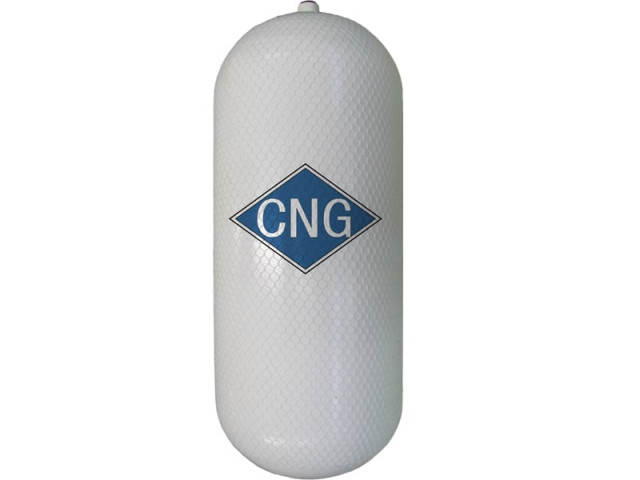CNG hazard
The lack of maintenance or timely replacement of cylinders as they age adds to the risks they pose.

Now, it seems more danger may lie ahead. In 2006, an Islamabad-based company had imported some 6,500 cylinders produced by a firm in Austria. With CNG use on a boom at the time, the canisters were sold out by 2007. However, with findings confirmed in the UK in 2008, these cylinders were found to be unsafe and substandard. Oil and Gas Regulatory Authority officials told this publication that cylinder explosions at CNG stations in Karachi, Lahore and Mandi Bahauddin involved Worthington cylinders. They may have blown up in other places, too. The problem is that they remain in circulation, with no certainty about how many are installed in vehicles. The lack of maintenance or timely replacement of cylinders as they age adds to the risks.
This is an issue that needs to be taken note of. Ignoring it puts other lives at risk as the Worthington affair highlights. Urgent action is required to check on the safety of cylinders installed in vehicles. Public transport should be a priority and if checks aren’t made, and we continue to live in denial, there will almost certainly be further loss of innocent life. This is something we need to protect our people from by issuing warnings, at the least. Orders for such action need to come from the top and implementation ensured so that the hazard can be eliminated and the kind of tragedies seen in the past prevented.
Published in The Express Tribune, December 13th, 2012.














COMMENTS
Comments are moderated and generally will be posted if they are on-topic and not abusive.
For more information, please see our Comments FAQ